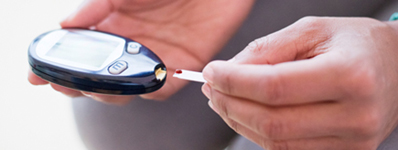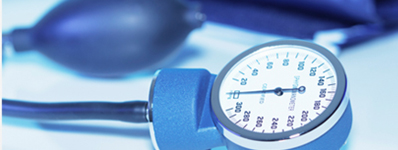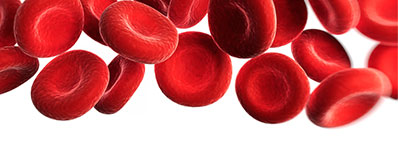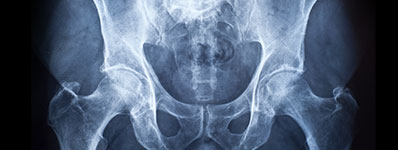Complications of Chronic Kidney Disease
Many people treating end stage renal disease (ESRD) with dialysis also have other health issues, including heart disease, diabetes, high blood pressure. Once you start dialysis treatment, your doctor may need to modify your diet or medications to ensure you’re addressing all of your conditions properly. Your care team will work with you to make sure your Care Plan encompasses all aspects of your health.

Eating for optimal health

Your medications matter

Conditions to monitor

Diabetes - Diabetes is the leading cause of chronic kidney disease (CKD). 1 in 3 adults with diabetes may have chronic kidney disease*. Diabetes—especially type 2 diabetes—is also the number one cause of kidney failure in the US. If you’re living with diabetes and kidney disease, it’s important to stay in control of both conditions by eating well, managing medications and following your prescribed care plan.

High blood pressure (hypertension) - High blood presure is the second leading cause of chronic kidney disease (CKD). 1 in 5 adults with high blood pressure may have chronic kidney disease*. If you have high blood pressure, it’s important to maintain a healthy lifestyle and take medications, as prescribed by your doctor. High blood pressure weakens blood vessels, which can contribute to loss of kidney function.
 Anemia - Having CKD affects your body’s ability to make red blood cells, which carry oxygen to your organs. Having too few red blood cells is called anemia and can make you feel tired or weak. Taking iron supplements and a medicine called ESA (erythropoiesis-stimulating agents) will help your body make more red blood cells, which helps increase the flow of oxygen.
Anemia - Having CKD affects your body’s ability to make red blood cells, which carry oxygen to your organs. Having too few red blood cells is called anemia and can make you feel tired or weak. Taking iron supplements and a medicine called ESA (erythropoiesis-stimulating agents) will help your body make more red blood cells, which helps increase the flow of oxygen.
 High cholesterol - Many people with chronic kidney disease also have high cholesterol—which causes a narrowing of the arteries and restricts blood flow. Your doctor may recommend dietary changes, exercise and, possibly, special medications to help lower your cholesterol.
High cholesterol - Many people with chronic kidney disease also have high cholesterol—which causes a narrowing of the arteries and restricts blood flow. Your doctor may recommend dietary changes, exercise and, possibly, special medications to help lower your cholesterol. Bone and mineral disease - When your kidneys aren’t working properly, they can’t filter out extra phosphorus in your blood or help your body retain vitamin D. This imbalance of minerals causes your bones to become weaker and more likely to break. Your doctor will likely ask you to take phosphate binders (medicines that remove phosphate from your blood) and vitamin D.
Bone and mineral disease - When your kidneys aren’t working properly, they can’t filter out extra phosphorus in your blood or help your body retain vitamin D. This imbalance of minerals causes your bones to become weaker and more likely to break. Your doctor will likely ask you to take phosphate binders (medicines that remove phosphate from your blood) and vitamin D. Smoking - If you smoke or use smokeless tobacco, you should consider quitting. When you have CKD, tobacco puts more stress on your heart and other organs, which is extremely dangerous. Some sweet versions of smokeless tabacco also contain molasses, which has high potassium levels and should be avoided.
Smoking - If you smoke or use smokeless tobacco, you should consider quitting. When you have CKD, tobacco puts more stress on your heart and other organs, which is extremely dangerous. Some sweet versions of smokeless tabacco also contain molasses, which has high potassium levels and should be avoided.
FreseniusRx has renal-trained pharmacists who can answer questions about your kidney medications and explain any interactions with medications you may be taking for another condition.

Ask your doctor or dietitian for help creating a kidney-friendly meal plan that can help you thrive.
